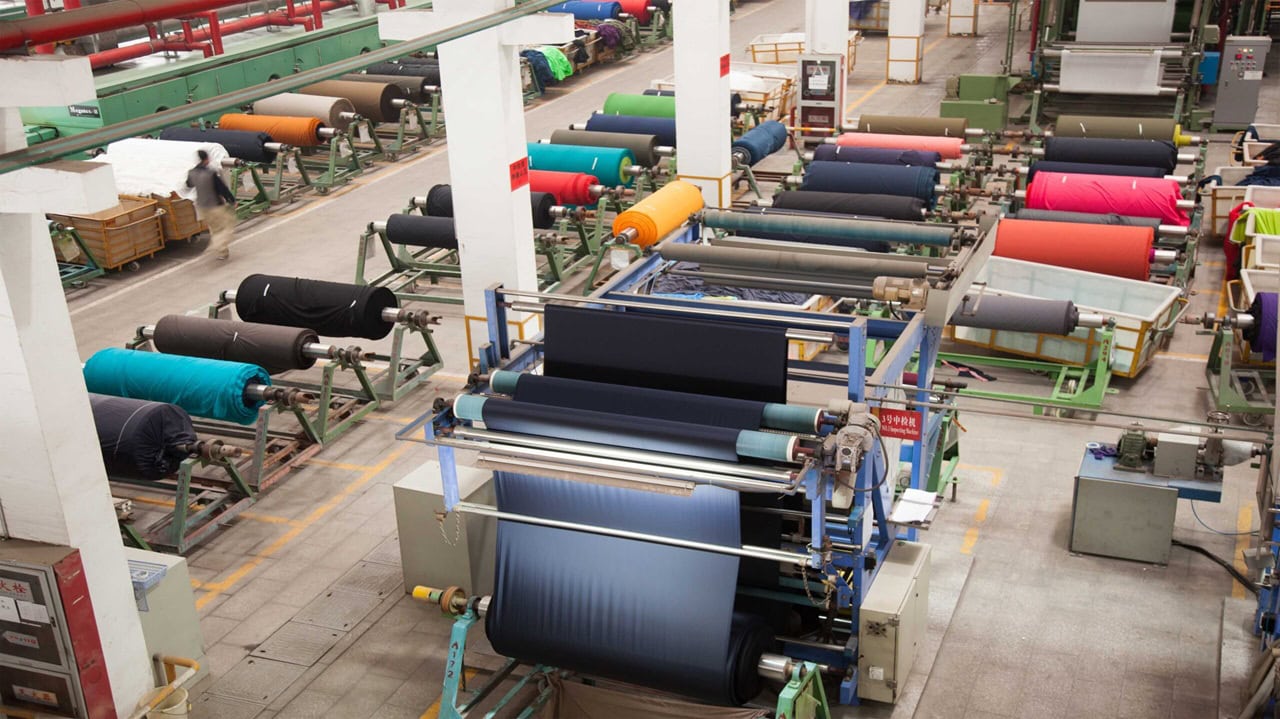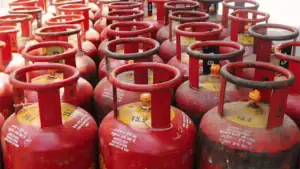The Pakistan Textile Council (PTC) has called on the government to urgently tackle the challenges confronting the textile industry, cautioning that further delays could deepen the decline in the country’s export performance.
In a letter addressed to multiple government institutions, PTC Chairman Fawad Anwar shared the Council’s export analysis report for the first quarter of FY2025–26. The report provides what the PTC describes as an evidence-based assessment of Pakistan’s export trajectory and highlights critical trends that require immediate policy attention.
READ MORE: Govt to Tighten Used Car Import Schemes for Overseas Pakistanis
According to the PTC, the findings are “alarming and instructive.” The textile sector continues to face pressure, with textile exports down 2 percent year-on-year to $1.58 billion in September 2025. This weakening performance reflects in the broader external sector as well, where the current account posted a $594 million deficit during Q1 FY26 due to imports growing faster than exports and remittances.
To reverse the decline and regain competitiveness, the PTC proposed several measures, including:
- Streamlining liquidity and reducing tax-related bottlenecks through automated refunds and zero-rating under the Export Facilitation Scheme (EFS);
- Aligning wage and labor policies with those of regional competitors to improve cost competitiveness;
- Supporting the revival of spinning and weaving through lower business costs and improved cotton quality;
- Expanding access to financing by strengthening the EXIM Bank and increasing EFS and LTFF limits for innovation and green investments.
The Council emphasized that adopting these reforms is essential for restoring export competitiveness, stabilizing the external account, and ensuring sustainable economic growth.
The report also noted that while the Prime Minister has recently formed several committees to develop recommendations following discussions with business leaders, no representative from the All-Pakistan Textile Mills Association (APTMA) has been included in these panels.









